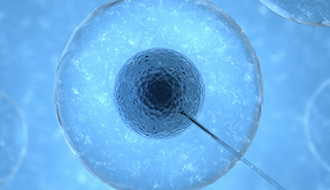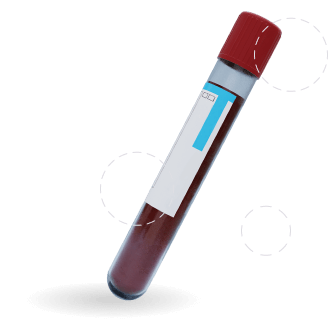
Medical Weight Loss Explained
A lot is said about medical weight loss but we are here to debunk the myths for you.
Screenings > Fertility Testing





Fertility testing is recommended if you have been trying to get pregnant for a year or more. It is advised that both partners get tested, as infertility can affect men and women equally.

Around 3.5 million people in the UK (one couple in seven) may have difficulty conceiving, and for women, it can be harder to conceive after 35 years of age. With couples having IVF treatment, roughly half of the cases are due to female infertility, and half are due to male infertility.
The statistic that around 3.5 million people in the UK, equating to one in seven couples, may experience difficulty conceiving, highlights a significant reproductive health issue. This figure underscores the prevalence of infertility challenges faced by a considerable portion of the population. The complexity of these challenges is further compounded by age-related factors, particularly for women, and the varied causes of infertility that necessitate treatments like In Vitro Fertilization (IVF).
If fertility abnormalities are found, we can recommend a correct specialist referral and arrange this for you. Common treatments include hormone-boosting drugs, IUI, and IVF. If you would like to consider conception assistance, we can provide you with the details of a recommended centre in the Harley Street area which has proved generally successful for our patients.
IVF is a powerful solution for many couples facing infertility. It involves fertilizing an egg with sperm in a laboratory and then implanting the embryo into the woman’s uterus. IVF can bypass many of the common issues that cause infertility, such as fallopian tube blockages or low sperm count.


The field of assisted reproductive technology, including IVF, has seen significant advancements, increasing success rates and offering hope to many couples. Techniques like Intracytoplasmic Sperm Injection (ICSI) for severe male infertility and preimplantation genetic testing have further enhanced the effectiveness of IVF.
Infertility is a medical condition characterized by the inability to conceive after a significant period of unprotected sexual intercourse, typically defined as one year for most couples. It can affect both men and women and involves the inability to contribute to conception or to carry a pregnancy to term. Infertility is not just a physical issue but can also have profound emotional and psychological impacts on those affected.
Primary Infertility refers to couples who have never been able to conceive. Despite having regular, unprotected sexual intercourse, pregnancy has never occurred. Secondary Infertility is diagnosed when a couple has previously conceived but is currently unable to achieve another pregnancy. This can be due to various factors that have arisen since the last pregnancy.
Infertility can result from a variety of factors, and often, it’s a combination of both male and female conditions.

Use our online booking engine or book your test by giving us a call.
On the online booking engine select the “appointment type” you need.
You will be seen by one of our friendly doctors or trained clinicians.


Incorporated
in 1998
Experienced doctors & a professional team
Registration
not needed
Up-to-date with the latest treatments & testing
Strictly
confidential
Your medical records are kept private at all times.
Affordable private
health care
Transparent fee structure with no hidden charges
From 4 hours turnover time
We work with experienced consultants & healthcare professionals who have received positive feedback from our patients, and with whom we have established long-term relationships.
Latest Episode
Tune in to our podcast to explore the world of healthcare and learn from distinguished special guests. We cover everything from preventative measures to cutting-edge treatments so that you can stay informed and up-to-date on health-related things.

A lot is said about medical weight loss but we are here to debunk the myths for you.

Tourist in London and need a GP? Get fast, private care for illnesses, injuries, or lost medication. No registration needed.

With NHS appointments harder to access, many people are turning to private GPs for faster, more convenient care.
Subscribe for latest updates & news


From same-day private GP and blood test appointments to visa medicals, a sexual and reproductive health clinic, and preventative health screenings, we are here to help.
Contact Us
Accepted Insurance Companies






Please note that Walk-in Clinic is a private medical centre & not an NHS service. Harley Walk-in Clinic Ltd company registration no. 07472804